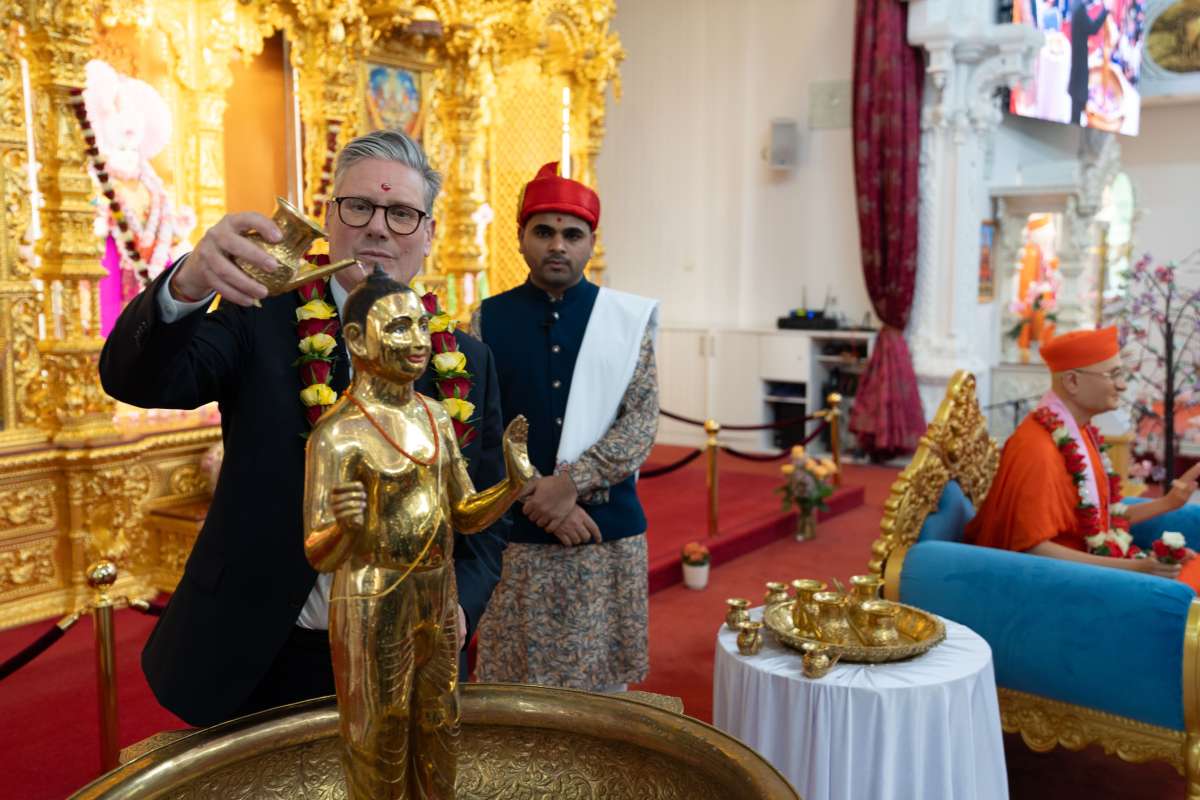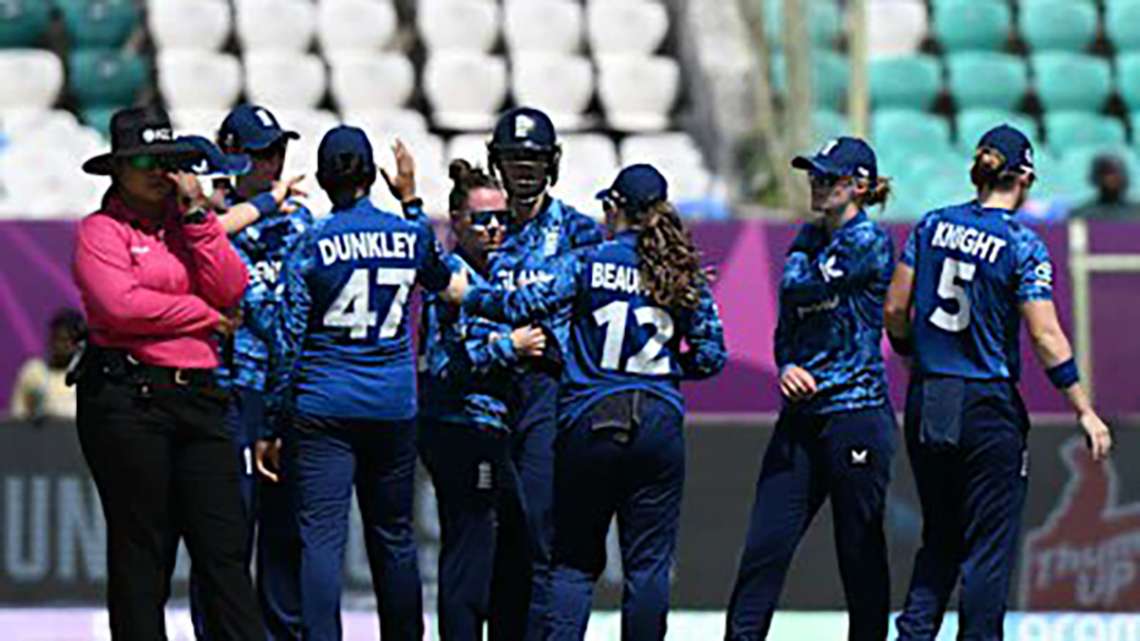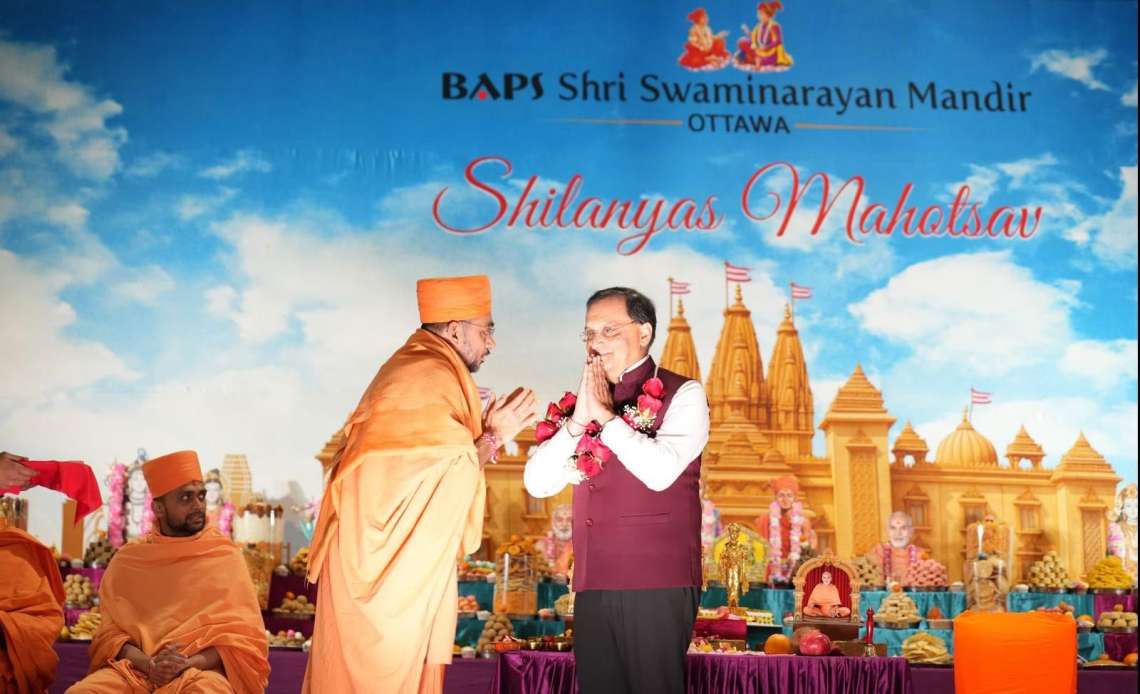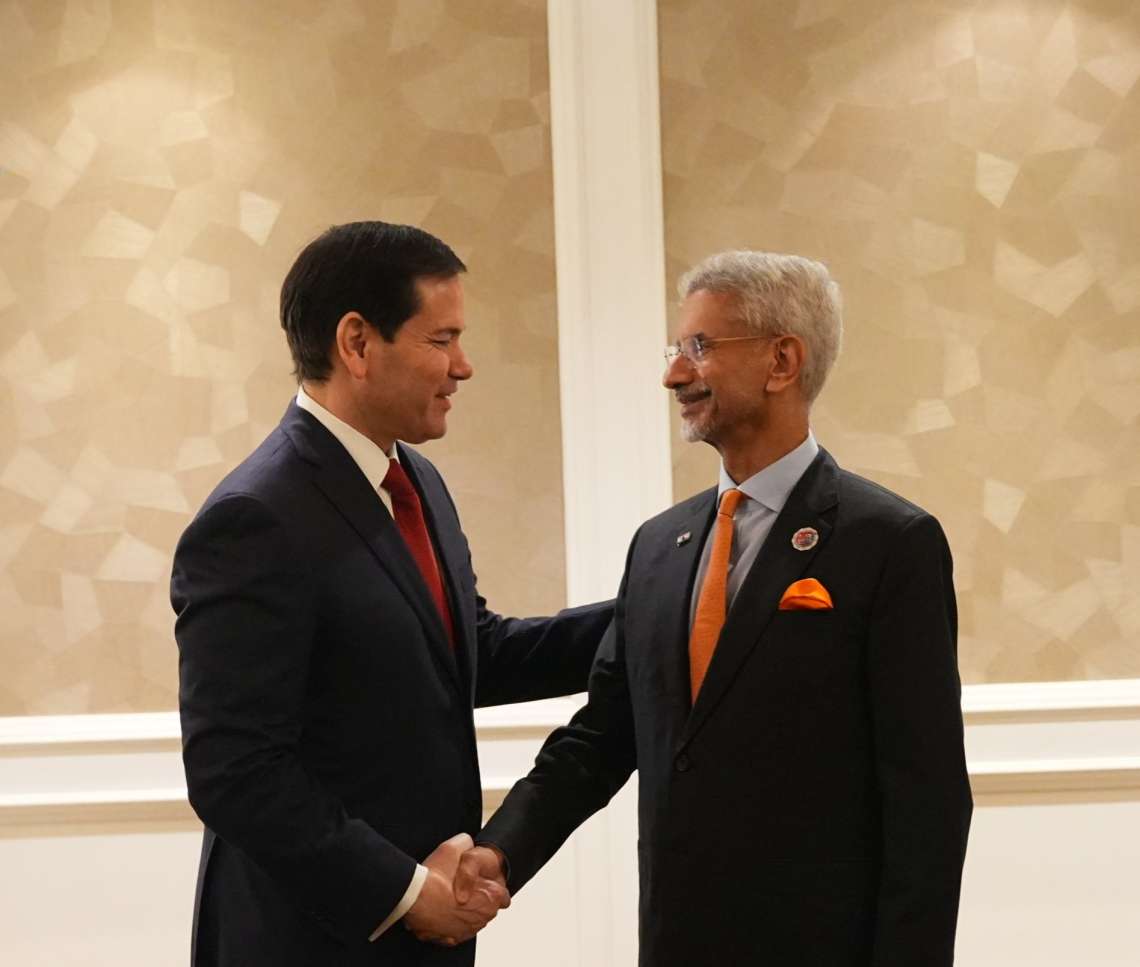Prime Minister Sir Keir Starmer attempted to reach out to the Indian diaspora and distance the party from a perceived hostile stance under the previous leadership, Starmer pledged to build stronger business links with India, writes Dr Sandeep Sharma
The U.K. has its first change in government in 14 years after the Labour Party won a landslide victory in a general election that saw the Conservative Party suffer its biggest defeat ever. The landslide majority of new Prime Minister Keir Starmer in the UK has paved the way for a fresh chapter in the country’s relations with India.
Prime Minister Narendra Modi congratulated Starmer on the “remarkable” victory. “I look forward to our positive and constructive collaboration to further strengthen the India-UK Comprehensive Strategic Partnership in all areas, fostering mutual growth and prosperity,” Modi said in a post on X.
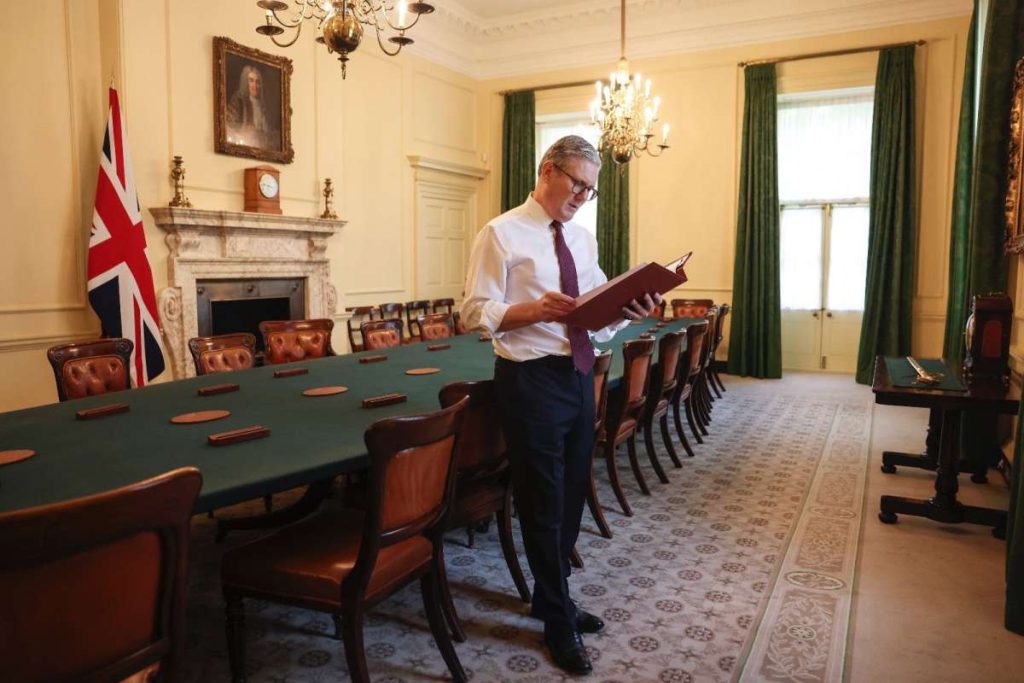
New Prime Minister Keir Starmer is leading an entirely different Labour Party, which has moved far away from Labour party historical anti-India stance. India’s relations with the UK can be expected to develop incrementally with the new Labour government led by Sir Keir Starmer, which won 410 of the 650 seats in the House of Commons.The Labour Party under Starmer has emphasised the importance of close ties with India.
The results of the UK general elections also signify that the attempts by the Labour party to connect with the Indian diaspora electorate have borne fruit. In the past, the Labour party’s resolution during an annual conference under former leader Jeremy Corbyn in favour of international intervention in Kashmir was widely seen as having cost it British Indian votes in the 2019 general election.
But Prime Minister Keir Starmer has been advocating a pro-India stance for some time now. In April 2020 when Keir Starmer was newly elected as Leader of the Opposition Labour Party, he had said that Kashmir is a bilateral issue for India and Pakistan to resolve peacefully and stressed that such divisive issues from the subcontinent should not be allowed to divide communities in Britain. During his first dialogue with the Labour Friends of India (LFIN) group in London Starmer attempted to reach out to the Indian diaspora and distance the party from a perceived hostile stance under the previous leadership, Starmer pledged to build stronger business links with India.
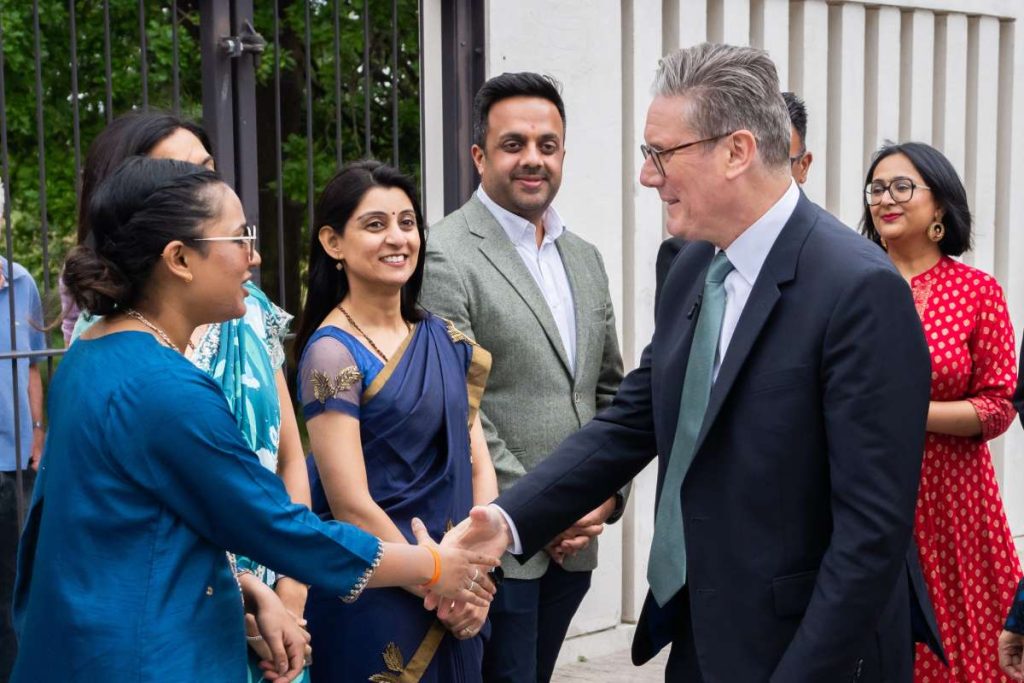
On his campaign trail, Starmer himself tried to woo the British Indian voters and with India. He visited the Swaminarayan Temple in Kingsbury on June 28 to reiterate his commitment to building a “strategic partnership with India”. “If we’re elected next week, we will strive to govern in the spirit of sewa to serve you and a world in need,” said Starmer, reiterating his promise of “absolutely no place for Hinduphobia in Britain”.
Keir Starmer’s manifesto included a commitment to pursue a “new strategic partnership” with India, emphasising the FTA and marking a significant shift from the party’s stance under former leader Jeremy Corbyn, who had a perceived anti-India stance, particularly regarding Jammu & Kashmir.
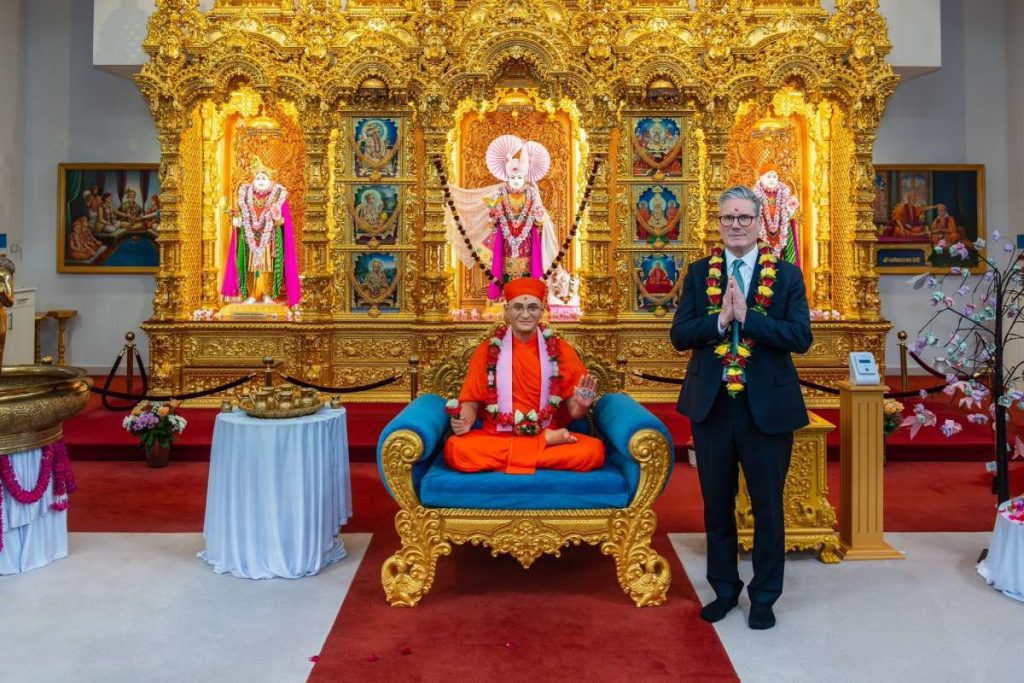
Since Starmer too over as Labour Party chief the Labour Convention of Indian Organisations (LCIO) has been aiming to boost the Indian diaspora connection, by fostering inclusive sustainable growth for both countries through a trade agreement; deepening cultural and educational ties between Britain and India; and engaging with India as a “partner and critical friend” on issues of concern for British Indians.
In 2022, the LCIO announced its relaunch on Independence Day to celebrate the 75th anniversary of India’s independence and hailed its mission of strengthening India-UK relations. At that time Sir Keir Starmer had said, “I welcome the re-establishment of the Labour Convention of Indian Organisations. The timing is poignant as people worldwide celebrate 75 years of Indian independence.”
With the new government taking charge in Britain, Anneliese Dodds, Labour Party chair and shadow Secretary of State for women and equalities, said, “We would certainly never take any group of voters, wherever they’re from, for granted; we’re working hard for everyone’s votes.” Dodds has also claimed that the party led by Keir Starmer is confident of having cleansed its ranks of any members with anti India extremist views. “Going beyond warm words, we want to build that practical, strong relationship. Labour has talked a lot about a strategic partnership with India that covers trade. But we want to see cooperation in other areas as well, such as new technologies, the environment and security,” she added.
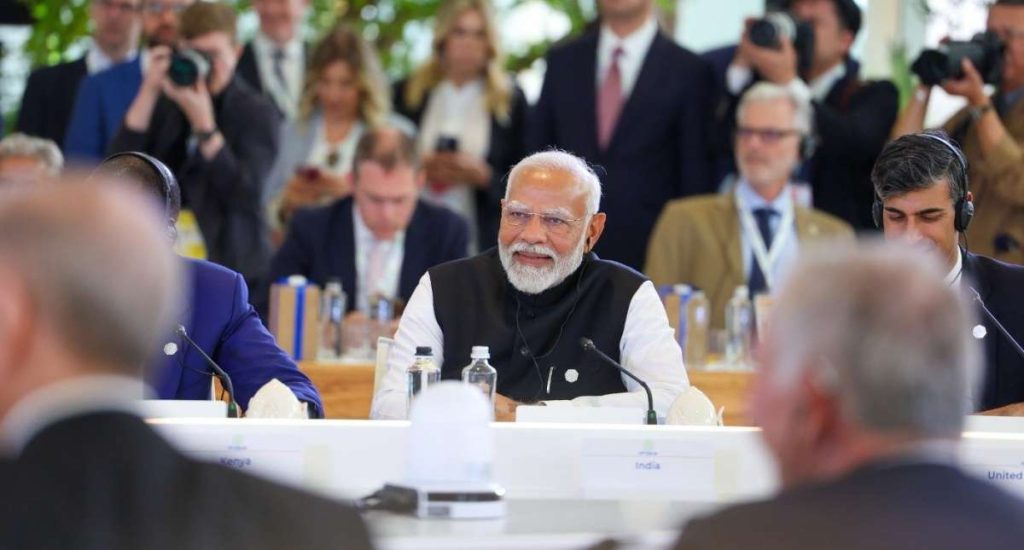
There are challenges too, for the Starmer and Modi governments in addressing issues such as the increased activities of anti-Indian elements in the UK, cooperation on countering terrorism emanating from Pakistan, negotiating the UK’s recourse to protectionist measures such as labour and environmental standards for bilateral trade, and differing perspectives on how fundamental human rights and freedoms are being upheld. For India, issues such as concluding a Free Trade Agreement between the two countries, liberalising UK immigration policies to increase the flow of Indian students and professionals to the UK, and increased cooperation in the application of technologies for development, including in the environmental sector are the priorities.
The Labour Party has maintained its commitment to finalise the FTA, although the specific timelines will remain unclear for the foreseeable future. After taking charge Prime Minister Keir Starmer spoke to Prime Minister Narendra Modi and said he stood ready to conclude an FTA that worked for both sides. The Labour Party’s election manifesto for the recent polls also committed to clinching the deal.
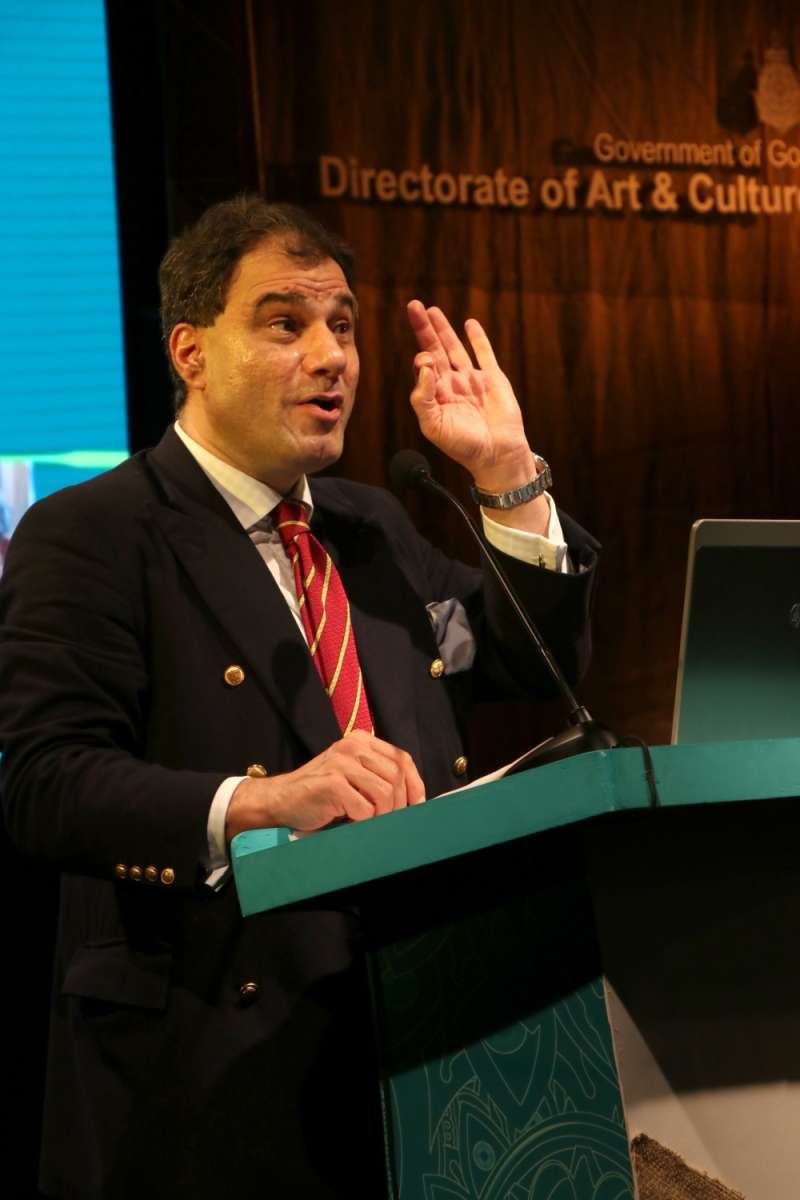
Lord Karan Bilimoria, a crossbench peer who has led many trade delegations to India, expressed confidence that Starmer would set the right tone in terms of student visas and end the hostile Conservative rhetoric around immigration. “With Keir Starmer now being in power, this is a great opportunity to turbo-charge the UK-India relationship, which was very strong under (former Tory prime minister) David Cameron but since then has not been anywhere near as effective,” said the founder of Cobra Beer.
The new Starmer-led government’s new Foreign Secretary David Lammy is also on the record saying that he wants to finish the job on the FTA and plans to visit India within the first month of being elected. Referring to the missed Diwali 2022 deadline set by former prime minister Boris Johnson for the India-UK FTA, Lammy pointed out that “many Diwalis have come and gone without a trade deal and too many businesses have been left waiting”.
According to the think tank GTRI (Global Trade Research Initiative), the agreement is nearly finalised and with a few minor adjustments like curtailing the number of visas for Indian professionals, the Labour Party is likely to give its approval.
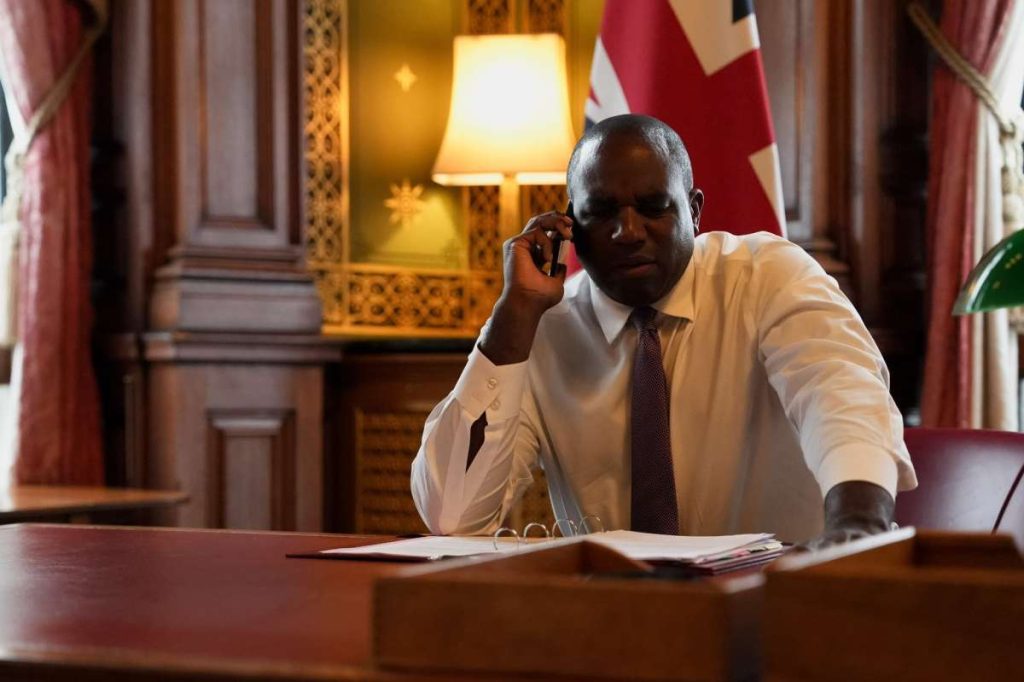
Biswajit Dhar, distinguished professor at the Council for Social Development, expects the Keir Starmer-led government to foster a stable relationship between India and the UK in the coming years. “Britain needs to engage with India even more now since it has political stability. Britain is really going to push for its economic revival. When a country is so dependent on the global economy, it actually needs large markets like India to facilitate its recovery process.”
The political stability necessary for a trade agreement with India, potentially involving high tariff levels, has been elusive in London since the unexpected Brexit referendum. However, the decisive victory for Labour is likely to provide the needed political flexibility to strike an agreement with India.
ALSO READ: Labour Unveils Reform Agenda
ALSO READ: SBI UK Celebrates 50th Anniversary of Southall Branch


